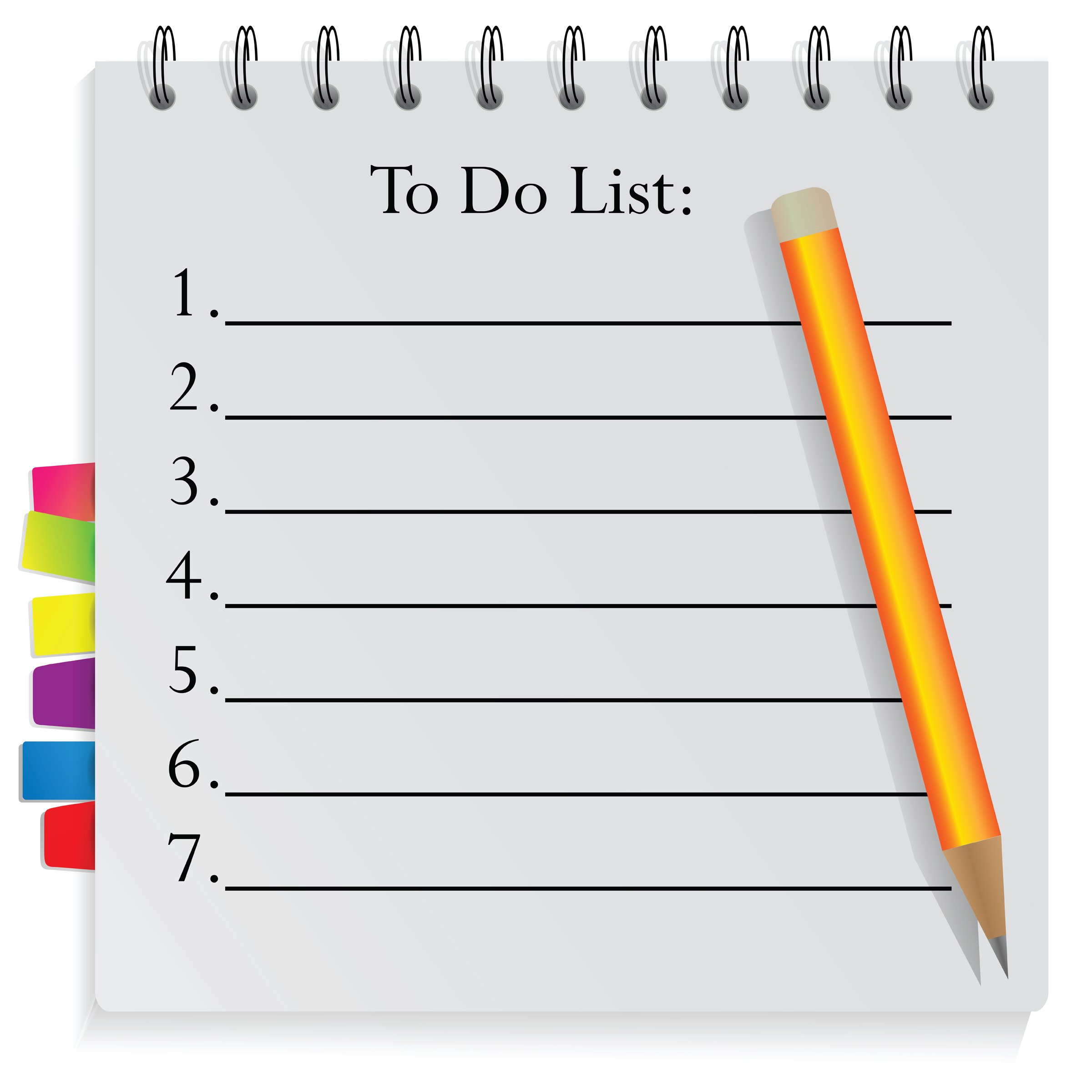
Stress reduction isn’t necessarily about doing less. In fact, many people become depressed or anxious simply because they don’t have enough to do. (Just ask anyone trying to adjust to retirement!)
It really boils down to what you do with what you have. Try shifting your focus from what’s outside of you to what’s inside of you. In other words, don’t think in terms of “what’s happening to me.” It only adds to your anxiety to think about life as happening “to” you. It’s more reassuring to think, “How am I handling this, and what can I do to make it better?” It’s empowering to handle, rather than just endure, whatever life throws at you. Yes, handle is a vague word. So here are four tips to help you do a better job with what you have:
- Don’t get lost in the big picture. Focus on the first step in the process and get back to the big picture later. Avoid thinking that everything has to be done right this very minute. When you feel the anxiety rising, scribble down a to-do list. This is as much of the big picture as you’ll need. Write only the things that are truly essential for today, in the order of their importance. The essential really must get done today, while the important can be carried over to tomorrow if you run out of time. Lower your anxiety by reminding yourself of that distinction throughout the day.
- Baby steps are good! There’s probably a reason why you’re overwhelmed, so make your goal more realistic. You can always add to it later. Aim for the finished product, but think in terms of work-in-progress.
- Delegate whenever possible. That’s what employees, spouses, friends and family members are for. We hire electricians, plumbers, landscapers and accountants because they often do things better and faster. If it makes sense financially, consider letting others be a part of what needs to be done. Loosen up. Don’t assume you have to do it all.
- Time-outs are not just for kids. Even the busiest days should have a little down-time. If there’s no relaxation and mental refueling, you’ll have problems coping. Many people who work by appointment fret and fume over cancellations or unexpected free time. I keep a pair of sandals in my office for just that occasion. A short walk on the beach in the middle of the day can work wonders!
If you want to reduce stress, think about how to modify your attitudes and beliefs. It’s a powerful way to control unnecessary and unpleasant feelings.
Why do some people make things more difficult for themselves? This tendency stems from false assumptions and self-defeating beliefs. I call it “stinkin’ thinkin’,” and it can increase stress in three primary ways. First, irrational perfectionism is the false belief that a perfect solution is the only solution. This leads you to seek the impossible under the pretense of excellence. VERY stressful. Sometimes perfection is not an option.
The second mistaken belief is that life must always be a struggle. It never occurs to the person that more efficient approaches may be available. The easier way is not always the wrong way. Why make things harder than they have to be?
The third widely held, yet VERY wrong idea is that others must be pleased, even at substantial expense to one’s self. This is usually coupled with an equally false belief that it’s possible to split the difference between opposing views when, in fact, it’s usually not. In 1972, singer Ricky Nelson was booed off the stage at Madison Square Garden for playing newer songs instead of his older favorites. His subsequent smash hit, “Garden Party,” was written as a reaction to his hurt and disappointment. He set to music his realization that, “…it’s alright now. I’ve learned my lesson well. You see, you can’t please everyone, so you’ve got to please yourself.”
We’ve just skimmed the surface of stress management, but I’m now at risk of increasing my own stress by going over my word limit. So I’ll stop when I’ve done enough. You should too.
Be sure to “friend” Dr. Hurd on Facebook. Search under “Michael Hurd” (Rehoboth Beach DE). Get up-to-the-minute postings, recommended articles and links, and engage in back-and-forth discussion with Dr. Hurd on topics of interest. Also follow Dr. Hurd on Twitter at @MichaelJHurd1
